“Love In Translation,” Marina Khorosh’s First Book
Marina Khorosh’s book is motivational, inspirational, witty and fun. It has no flaws and is written with warmth and sincerity. Marina shares precious life lessons throughout the chapters of the book. In “Love In Translation,” the reader is given a story as real as it is fictional, and at the same time, Marina’s fresh insight into the nuances of her own experience through her travels and her personal knowledge of Russian, French and American cultures really shine. She succeeds in integrating her relationship experience into a tale of identity on many levels. Its powerful impact confirms the extraordinary gifts of a master storyteller.

Our readers will soon discover your book “Love In Translation.” Can you tell us a little bit about it?
“Love In Translation” is a story of five years of my life, recounted through 12 dating experiences that shaped it along the way. It opens on the night that my first love breaks up with me, triggering my decision to move to Paris a few months later. Over in France, I’m confronted with the most eclectic cast of characters — from the “egalitarian” classmate who borrows my clothes and makes me pay for his meals, to the divorcé who introduces me to his child and ghosts me a few days later, the roster is endless. And yet, each experience allows me to learn an important lesson about life, love, and myself, which is recounted at the end of each chapter.
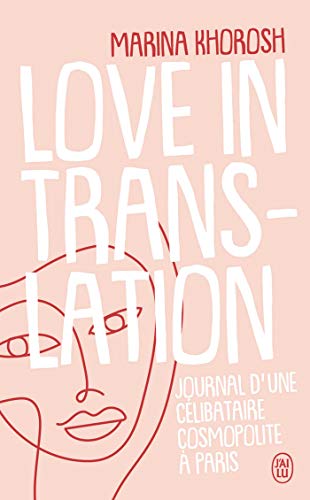
Who is Marina, the main character, in the book? Can you describe her in a few words?
Marina is me in my twenties: ditzy, excited, slightly naive and very optimistic. Having grown up in Russia and New York, she is very much shaped by her upbringing. This is reflected in how she responds to the French culture and particularly to its male representatives. She isn’t sure exactly what she wants, neither from the guys or from life in general, but she is open-minded and willing to try almost anything.
Why did you decide to write “Love In Translation?”
When I was living in Paris, I launched a blog called “Dbag Dating,” where I wrote about my dating misadventures. A few years later, I was dabbling with the idea of writing a book proposal when I was approached by my publisher, Editions J’ai Lu. They offered me then to write a book based on the blog — serendipity at its finest.
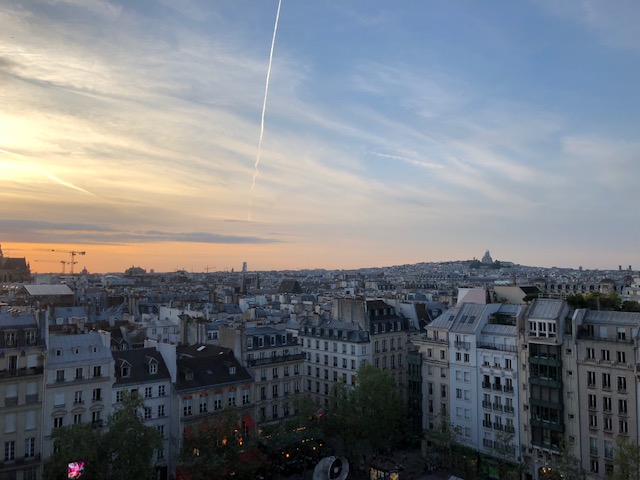
How did you choose the title of your book?
I have to be honest — my publisher proposed it and I loved it immediately. It’s a fun title that sums up the international ethos of the book.
Are your stories taken from real events, from personal experience?
Yes, each story is taken from a real event from my life, although some are more fictionalized than others. However, all the “Leçons” at the end of the chapters are genuine.
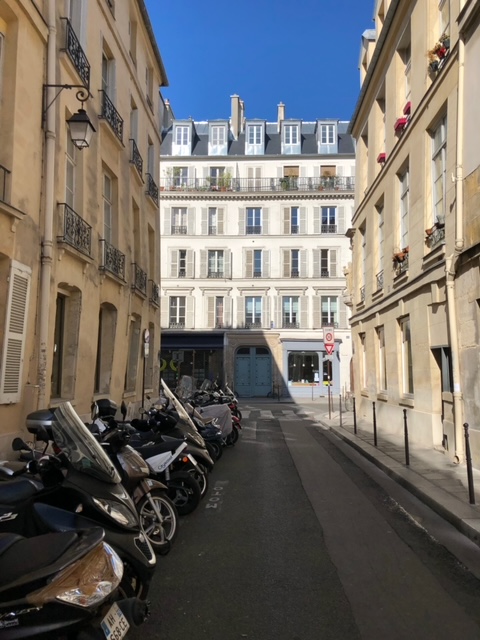
In your opinion, what is the most important moment in the book? Explain why.
Not to give away any spoilers, but, to me, the most important moment is when my grandmother passes away. By then, I have become quite jaded in my quest for love, and her death makes me realize that life is too short to roadblock my own happiness.
Two of my favorite quotes are: “My salad looked like I was eating a dingy lawn” and “At this point in the conversation, I felt like the insults were piling up like Russian dolls.” Your book is full of humor! You make use of a profusion of witty, funny situations and anecdotes. (It never stops!) How do you come up with these ideas?
Thank you! I think some of them came naturally with my writing style, while others required a lot of cerebral straining. My editor and friend, Jordan Nadler, was an immense help, as she was constantly pushing me to do better and spoon-feeding me great ideas.
Most women can identify with the character of Marina who reminds them of their own experiences or people they know. You say: “Everyone has experienced her ‘Tempest Henry’ — her moment of madness, followed by a hard comeback and a deep sense of shame. But, to use Aretha Franklin’s ever-true words: [You] will survive.” To someone who has no idea what to expect from your book, how do you hope your book will influence your readers’ own lives?
I really hope it will help others remain hopeful when it comes to dating. Dating is what you make of it: it can be a nightmare, but it can also be a great way to learn about yourself and others. I think the key is not to take it too seriously — even if a night ends in disaster, you have to know how to laugh it off and keep your spirits high.
Who did you intend to be your primary audience?
Mainly women in their twenties and early thirties, but I love when it resonates with other audiences as well.
The reader needs to be ready to be transported to Paris, to the United States and to travel the world. What do you love most about Paris, that was once, your former home? What does “French romance” mean to you?
There is nowhere quite like Paris. Each street is laced with beauty and charm, making it so easy to get lost within its crevices. I miss making my way across different neighborhoods, popping into tiny shops, hearing the language… As for “French romance,” to me it is a brief and beautiful story that forever makes you feel like you have lived.
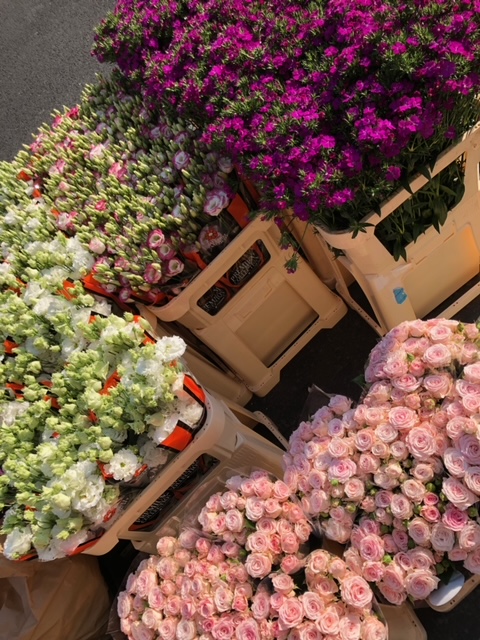
When writing a book, do you have a writing ritual? Some little author’s quirks?
I mostly write in the morning — this is when my brain is still fresh. I take many small breaks for snacks and Instagram scrolls, which is not a good habit but a function of my ADD (Attention deficit disorder). I also take showers and bike rides to ease writers block, that’s where the best ideas come to me.
Do you have other projects in the same vein as “Love in Translation?”
Not at the moment, but I sure hope to!
Header Photo Credit: Caroline Owens




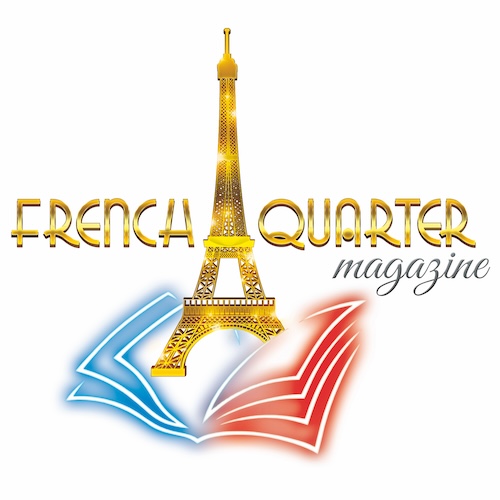


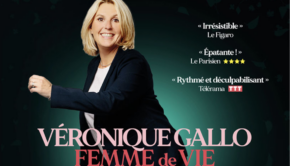















Merci pour votre commentaire intéressant, Annick ! Désolée pour la réponse tardive. Nous avons dû restructurer notre équipe. Nous sommes…